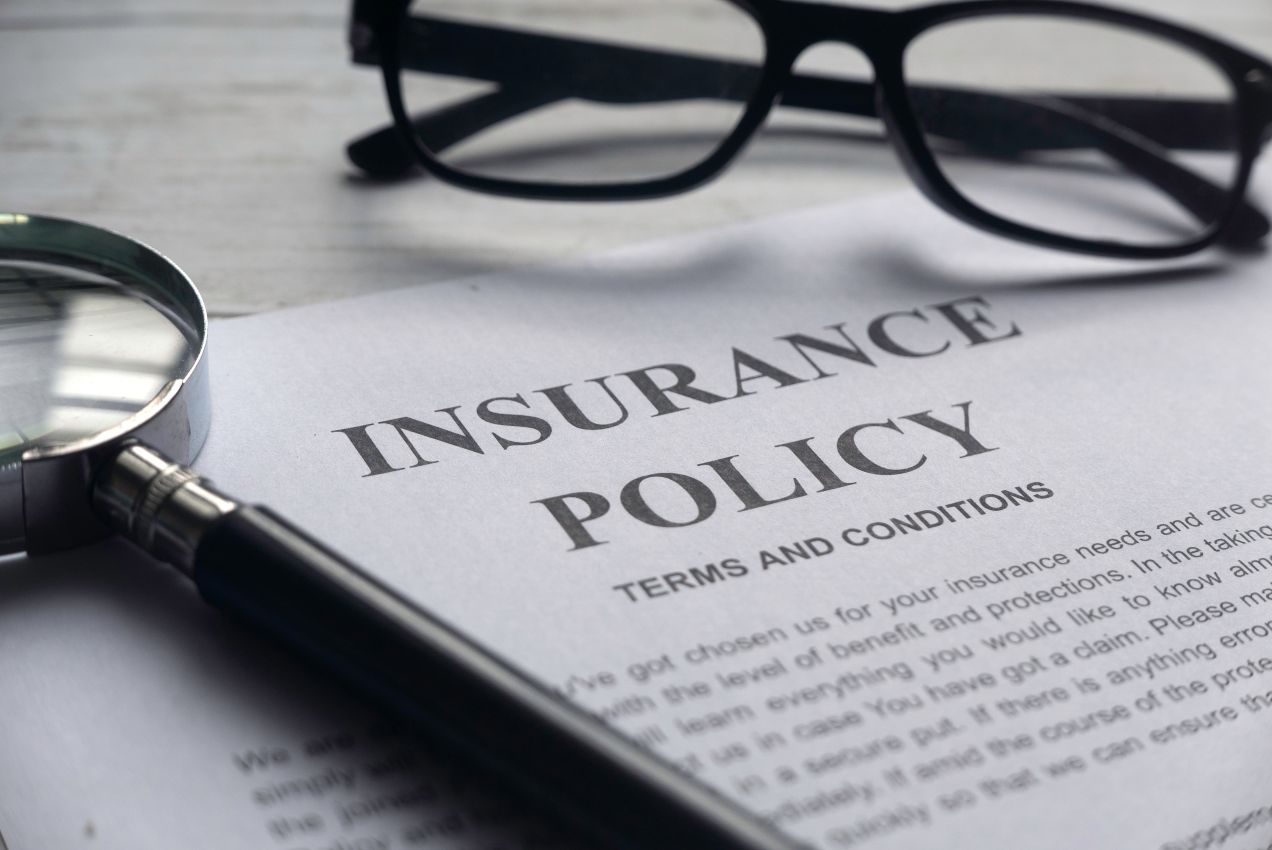Bike Insurance Online, Up to 80% Off
9000+
Cashless Garages
96% Claim
Settlement Ratio
3 Cr+
Policies Sold
I agree to the Terms & Conditions
Buy Online for Huge Savings

Bike insurance Online, starting ₹752
It's a brand new Bike
9000+
Cashless Garages
96% Claim
Settlement Ratio
3 Cr+
Policies Sold
What is Bike Insurance Break-in Period During Renewal?

A bike insurance break-in period is between a policy expiring and its renewal, during which time a bike remains uninsured against theft, damages, and accidents. While the motorcycle is uninsured, a theft, accident, or damage claim can't be made. To ensure timely coverage and protection of the No Claims Bonus (NCB), it's essential to renew your policy in time.
Renewing within this timeframe helps avoid potential premium increases and the need for vehicle inspections. Continue reading the article to understand the break-in period in bike insurance, its benefits, purpose, and impact on the premium and coverage.
What is the Break-in Period in Bike Insurance Renewal?
The break-in period in bike insurance is the time between the expiry of the old policy and the moment the new policy is renewed. During this span, your bike is uninsured; you cannot claim anything for eventual damages, accident, or theft.
Most companies offer grace periods ranging from 30 to 90 days during which the policyholder can renew their insurance without losing certain benefits.
For example, if your policy expires on April 20th and you renew it on May 10th, the 20-day gap is your break-in period. Though insurance companies may permit the extension of the scope of the insurance policy expiration dates, the bike will be left without financial protection.
To avoid unnecessary trouble, it's best to renew your policy before it expires. If the break-in period ends, your insurer may require a vehicle inspection before issuing a new policy, and your premium may increase. Staying on top of your renewals ensures continuous coverage and prevents extra costs.
Purpose of the Break-in Period in Two-Wheeler Insurance Renewal
The break-in period allows the policyholders a certain period to renew their lapsed insurance policy.
- If a bike insurance policy is not renewed on or before the expiration date, the break-in period allows owners to restore coverage without changing policies.
- The insurer makes it possible to look at the risk associated with the renewal, sometimes requiring an inspection before a new policy can be issued to ensure that the bike has not been involved in an accident when it was not covered.
- In addition, the break-in period allows bike owners to act quickly to renew or insure their bikes, lest they see themselves cruising the roads without valid insurance.
Benefits of the Break-in Period in Bike Insurance
The break-in period brings with it a lot of benefits, too, among which are
Effects of Breakage of Two-Wheeler Insurance Break-in Period
Let's check what the effects of the breakage of the two-wheeler insurance break-in period will be:
- Legal Consequences - Under the Motor Vehicles Act 1988, riding without at least third-party insurance coverage is an offence in India. If caught red-handed, the rider could face severe penalties, charges, and even imprisonment.
- No Financial Protection - If your bike is stolen or damaged in an accident during the no-claim period, you must pay off all expenses. Since the policy is suspended, the company will not be liable for any repairs or losses.
- Third-Party Liability Risks - If you cause an accident that results in injury or property damage to a third party, you will have to pay for their medical bills or repairs out of your pocket. This can lead to a substantial financial burden.
- Loss of NCB - If you do not renew your policy within 90 days of expiry, you lose any accumulated NCB discounts. This means you will pay a higher premium when buying a new policy than you would have paid.
- Break-in Inspection - Some insurers may demand a vehicle inspection before renewing a lapsed policy. This adds extra cost and delays the process, making renewal more complicated than a regular renewal.
- Higher Renewal Premiums - If your policy lapses beyond the break-in period, you may have to buy a new policy at a higher premium. Insurers consider a break in coverage a risk factor, which can lead to increased premium costs.
- No Personal Accidents Coverage - If you suffer injuries in an accident, your inactive policy will not cover medical expenses or offer any compensation. This can lead to unexpected medical costs and financial strain.
How to Avoid Issues During Bike Insurance Break-in Period?
Prevention of problems that may occur during the break-in period will be of tremendous help towards uninterrupted insurance and escaping all sorts of legal or financial problems. The following are some tips to avoid problems during this period:
- Renew Your Policy Before Expiry: Remember your next insurance renewal date and avoid entering the break-in period.
- Use Auto-Renewal Options: With auto-renewal options, your insurance company will renew your policy before its expiration, helping you prevent missing the deadline.
- Keep Track of Renewal Notices: To take timely action, always check emails, SMS alerts, or insurer notifications about your policy's expiry date.
- Avoid Riding During the Break-in Period: After your break-in period expires, do not use your bike until you have renewed your policy. Riding without insurance is illegal.
- Check for Inspection Requirements: A few insurers require a vehicle inspection after the break-in period. On-time renewal helps avoid delays.
- Opt for Online Policy Renewal: It is quick and trouble-free, and policy activation is immediate, considerably reducing the risk of driving without insurance.
- Verify Policy Details After Renewal: Double-check that your policy particulars (cover, duration & NCB) are correctly updated and nothing is left for dispute later.
Break-in Period for New Two-Wheeler Insurance vs Renewal
The break-in period differs in the case of new policies and renewals for bike insurance. For new two-wheeler insurance, specify conditions for activation, renewal, break-in periods related to the policy's continuity and retention of benefits. The table below shows the differences between the two:
What Happens After the Break-in Period Ends?
Let's see the aftermath of when the break-in period ends:
- Loss of NCB - If you do not renew your policy in the 90-day grace period following the expiry of your policy, you will lose the No-Claim Bonus you could have earned. This means higher premiums when purchasing a new policy.
- Fresh Policy Purchase - Once the break-in period ends, you can no longer renew your old insurance policy. You must buy a new policy, which may require additional verification and inspection of your bike.
- Higher Insurance Premiums - Because the policy expires, the premium for a new policy could be significantly higher because it is more expensive to insure older bikes, and depreciation may raise the premium amount further.
- Mandatory Vehicle Inspection - Most insurers will also require a physical inspection before writing a new motorcycle policy, which is essential for vehicle registration.
What is the Impact on Premiums and Coverage During Break-in Period?
Failing to pay your motorcycle insurance on time can lead to penalties, especially if it's not your first lapse. With each interruption, there is the possibility of losing discounts and benefits, including items like the No-Claim Bonus, and failing to acquire it means even costlier renewals will await.
In addition, the insurance company might ask you for a fresh vehicle appraisal to issue the new policy. If your bike has any damage, it might push premiums to new levels, or limited coverage options may result. Other insurers offer fewer concessions, which makes getting full coverage at a reasonable price harder.
Moreover, your new policy shall not cover accident or theft-related incidents during the break-in period. You will be solely responsible for any repairs or replacements. Such situations can be avoided if the renewal process starts before the expiration of the break-in period. This way, your coverage won't be disrupted, reducing your premium cost.
Common Misconceptions About Break-in Periods in Bike Insurance
Many bike owners misunderstand the insurance break-in period. While some people believe they are safe under the insurance even during the break-in period, others think the renewal process is always easy. The table below will clear up the confusion:
Tips for New Riders on Managing Bike Insurnce Break-in Periods
Here are some tips that would help new riders deal well with the break-in period:
FAQs about Break-in Period in Bike Insurance
Latest News
Read More

















